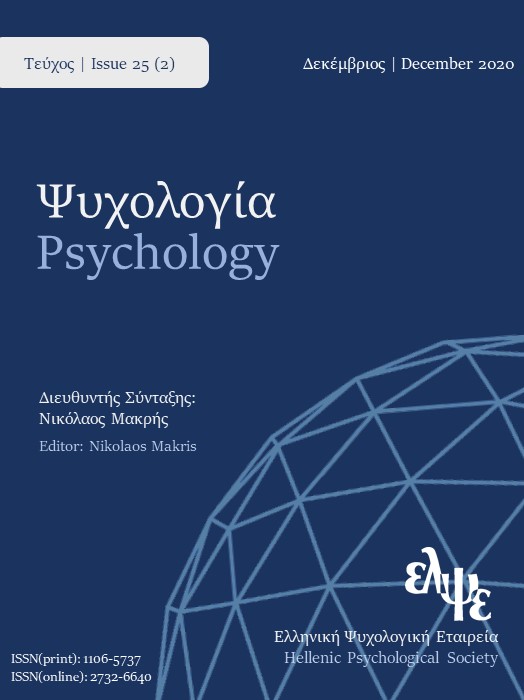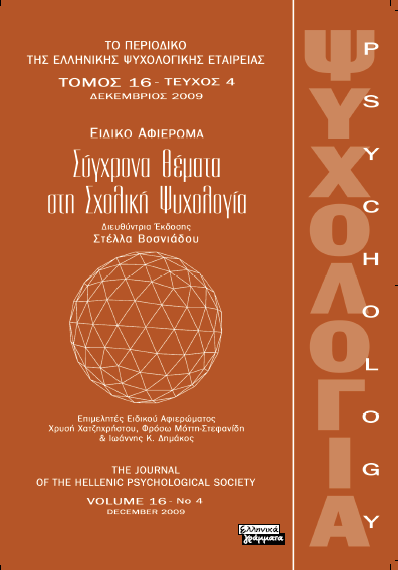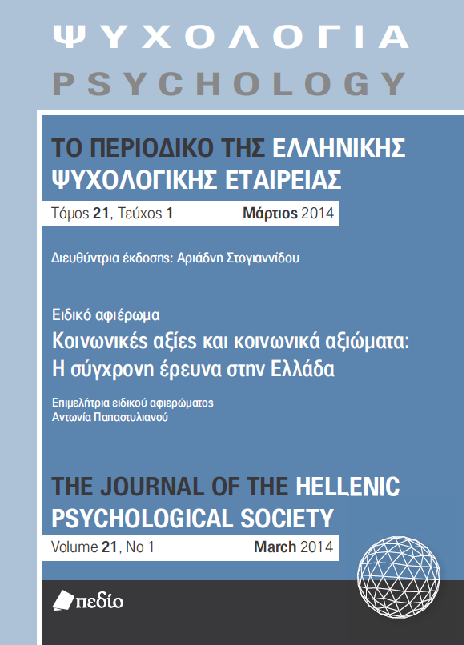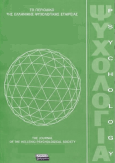Presence of the Father in Family and Perceived Parental Acceptance-Rejection
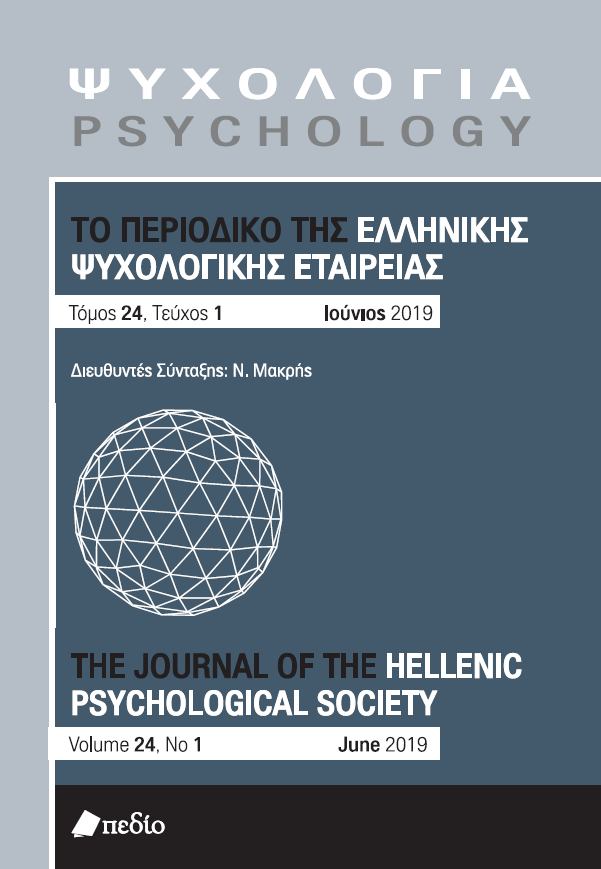
Abstract
Article Details
- How to Cite
-
Mrvoljak Theodoropoulou, I., Γκαρή Α., & Μυλωνάς Κ. (2019). Presence of the Father in Family and Perceived Parental Acceptance-Rejection. Psychology: The Journal of the Hellenic Psychological Society, 24(1), 123–137. https://doi.org/10.12681/psy_hps.22390
- Issue
- Vol. 24 No. 1 (2019)
- Section
- RESEARCH PAPERS

This work is licensed under a Creative Commons Attribution-ShareAlike 4.0 International License.
The journal PSYCHOLOGY adopts a Platinum open-access policy. Submission, processing or publication costs are waived by the Hellenic Psychological Society. Papers published in the journal PSYCHOLOGY are licensed under a 'Creative Commons Attribution-ShareAlike 4.0 International' licence. The authors reserve the copyright of their work and grant the journal the right of its first publication. Third-party licensees are allowed to use the published paper immediately after publication as they wish, provided they retain the defined by the license copyright formalities, regarding the reference to its author(s) and its initial publication in the journal PSYCHOLOGY. Moreover, any adjusted work should be shared under the same reuse rights, so with the same CC license.



